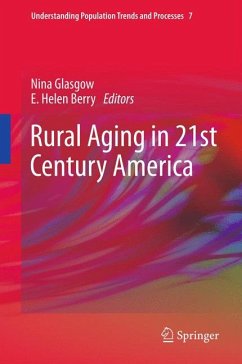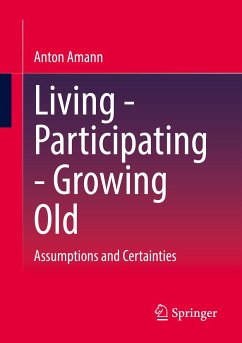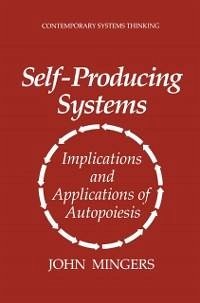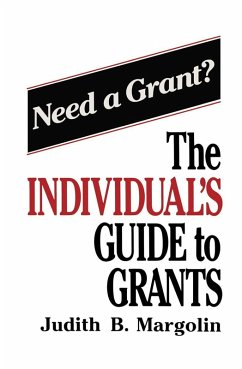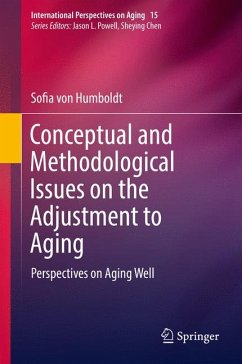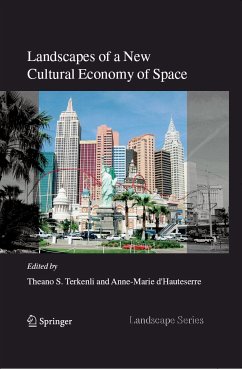
Landscapes of a New Cultural Economy of Space (eBook, PDF)
Versandkostenfrei!
Sofort per Download lieferbar
112,95 €
inkl. MwSt.
Weitere Ausgaben:

PAYBACK Punkte
56 °P sammeln!
Making sense of new cultural economies, it is argued, needs consistent attention to the resonances of individual lives. Otherwise, a discussion of cultural economies remains suspended in a detached virtualism (Miller, 2000). The idea of the remaking of geographies and cultural economies remains, necessarily, a consistent search to make the subject dynamic in its resonance with the contemporary world. In recent debates concerning the reframing of the cultural economies of geography, there is an evidence of increasing acknowledgement of the overlooked importance of subjectivities within geograph...
Making sense of new cultural economies, it is argued, needs consistent attention to the resonances of individual lives. Otherwise, a discussion of cultural economies remains suspended in a detached virtualism (Miller, 2000). The idea of the remaking of geographies and cultural economies remains, necessarily, a consistent search to make the subject dynamic in its resonance with the contemporary world. In recent debates concerning the reframing of the cultural economies of geography, there is an evidence of increasing acknowledgement of the overlooked importance of subjectivities within geographical explanation. This has often been difficult when trying to attend to the large scale apparent dynamics of change. The shift of geographies to focus upon cultural economies combines two profound threads that inform this chapter: the acknowledgement of the breadth and inclusivity of what economies are and the refusal mutually to isolate the cultural and the economic. Thus the economic becomes engaged and even framed in relation to the cultural, and vice versa. Such an appraisal makes more robust the limits of 'either - or' claims from these two grounding components of geographical thinking and its representation of the world. These themes are sustained in different ways across the chapters of this book. This chapter seeks to build a critical discourse concerning space, embodied practice and lay knowledge. It does this in order to address the mechanisms through which individuals are engaged in the processes of new cultural economies.
Dieser Download kann aus rechtlichen Gründen nur mit Rechnungsadresse in A, B, BG, CY, CZ, D, DK, EW, E, FIN, F, GR, HR, H, IRL, I, LT, L, LR, M, NL, PL, P, R, S, SLO, SK ausgeliefert werden.




